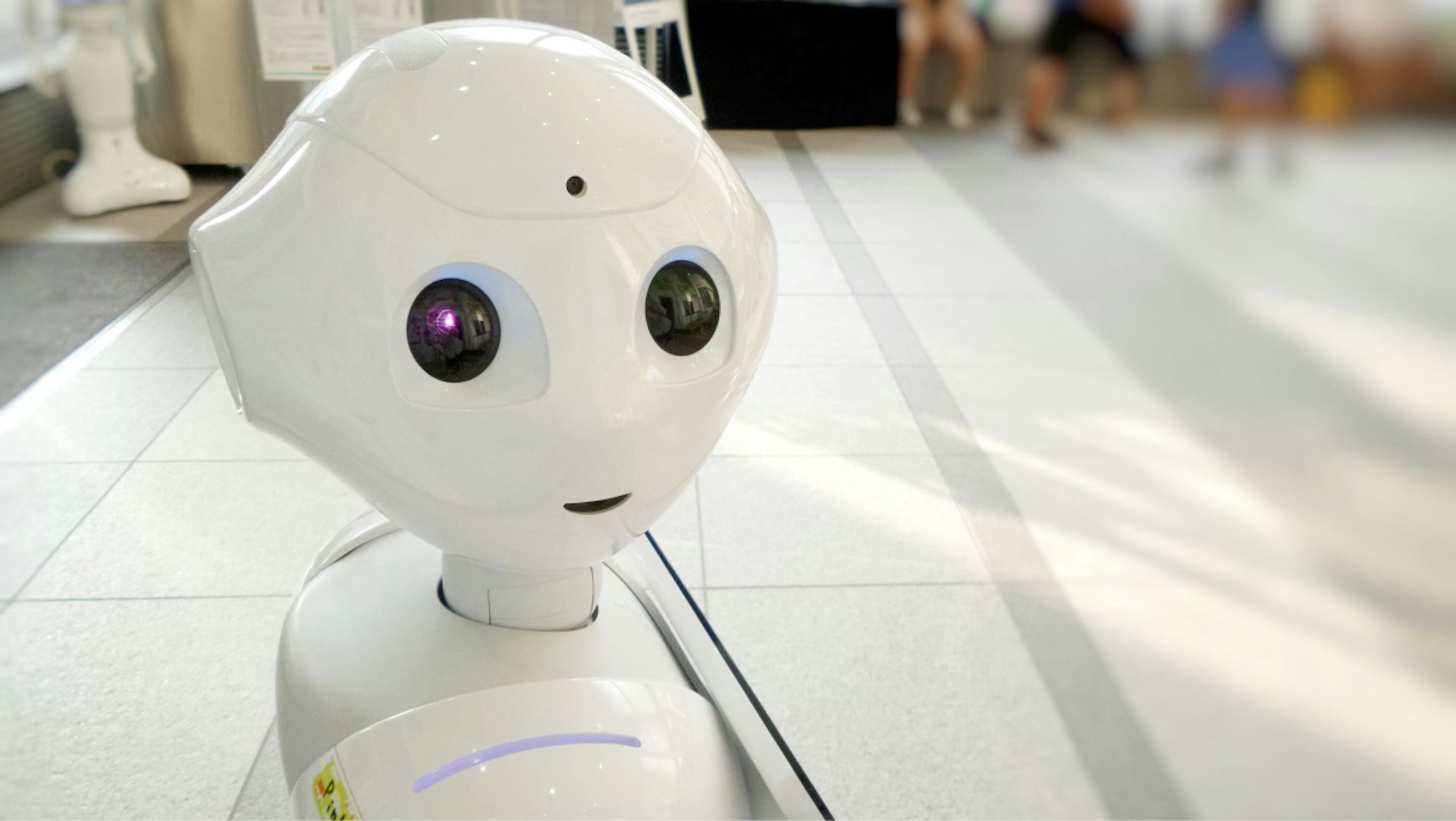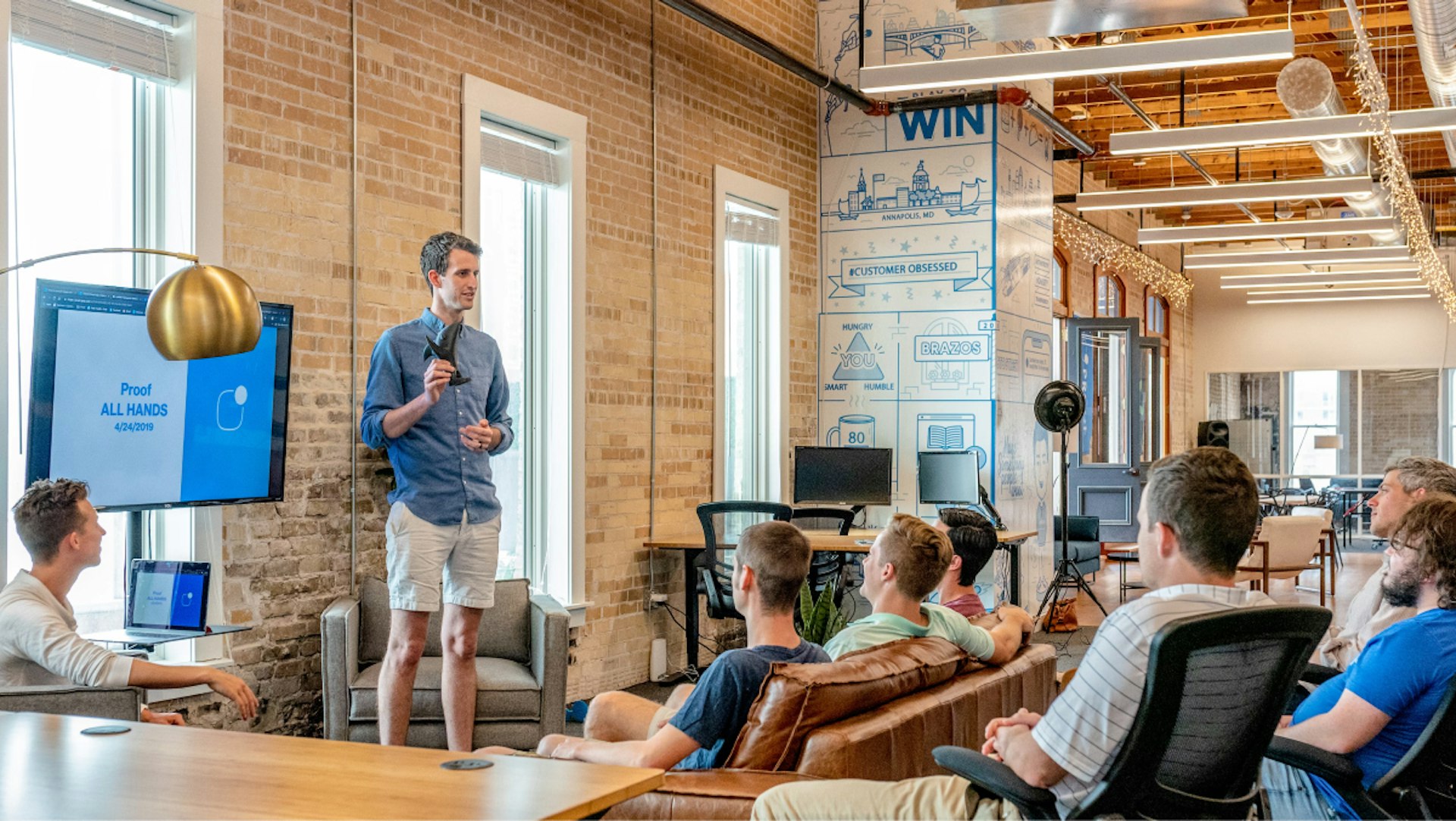MAR 8 2024
The technology will replace us? Partnering with the Power of Innovation

Understanding the Fear of Replacement
Rapid Technological Advancements: The pace at which technology is evolving, particularly in fields like artificial intelligence, robotics, and machine learning, fuels the fear of job displacement. Historical Context: Historically, technological revolutions, such as the Industrial Revolution, led to significant shifts in employment. This history influences current perceptions and fears. Media Portrayal: Often, the narrative in media focuses on the potential of technology to replace human jobs, rather than on its potential to augment human abilities.
Embracing Technology as a Partner
Augmentation over Replacement: The focus should be on how technology can augment human capabilities, not replace them. For instance, AI can handle repetitive tasks, allowing humans to focus on creative and strategic work. Reskilling and Upskilling: Emphasizing the importance of continuous learning and adaptation. As certain roles become automated, new opportunities emerge that require different skill sets. Human-Centric Design: Developing technology with a focus on enhancing human work rather than replacing it. This approach ensures that technological advancements contribute positively to the workforce.
The Potential of Collaborative Innovation
Hybrid Workforces: Envisioning a future where humans and machines work in tandem to achieve more efficient and effective results than either could alone. Innovation in Problem-Solving: Leveraging AI and machine learning for complex problem-solving, while relying on human intuition and creativity for direction and ethical considerations. Creating New Job Sectors: Technology often leads to the creation of entirely new industries and job roles, offering new avenues for employment and growth.
Preparing for the Future
Education and Policy Adaptation: Educational systems and policies must adapt to prepare the workforce for a future where technology plays a central role. Ethical Considerations and Regulations: Addressing the ethical implications of AI and automation, ensuring that technological growth benefits society as a whole. Fostering a Culture of Adaptation and Innovation: Cultivating a mindset that embraces change and views technological advancement as an opportunity for growth and innovation.
In conclusion, while technology indeed has the potential to replace certain roles, its true power lies in its ability to partner with humans to create a more innovative, efficient, and productive future. By focusing on collaboration, continuous learning, and ethical considerations, we can harness the power of technology to enhance our capabilities and open new avenues for human achievement.
